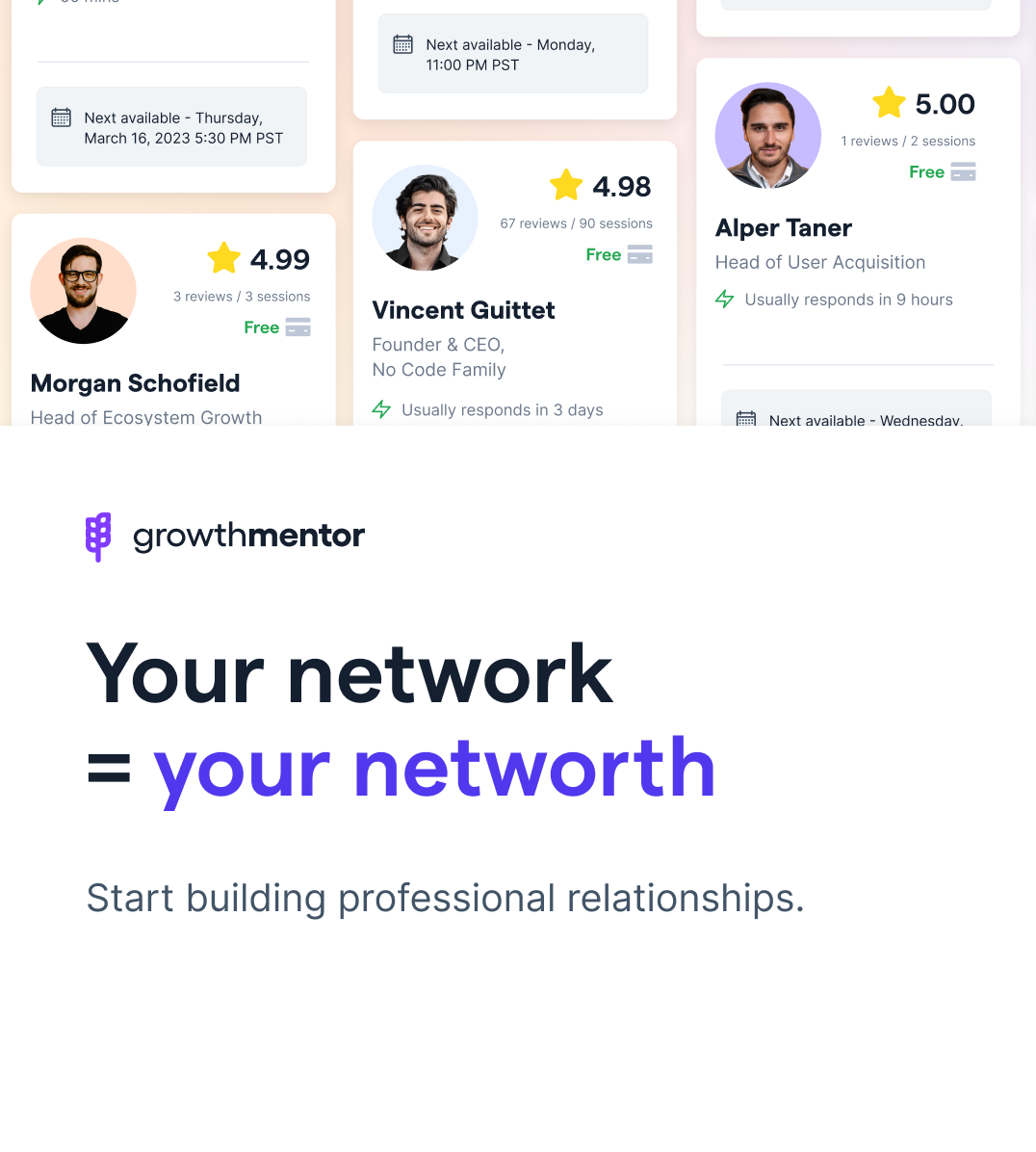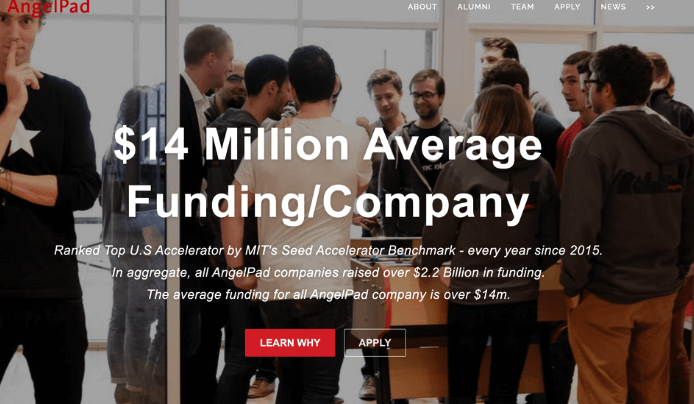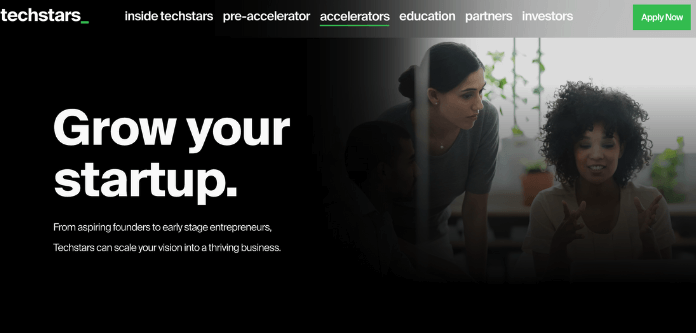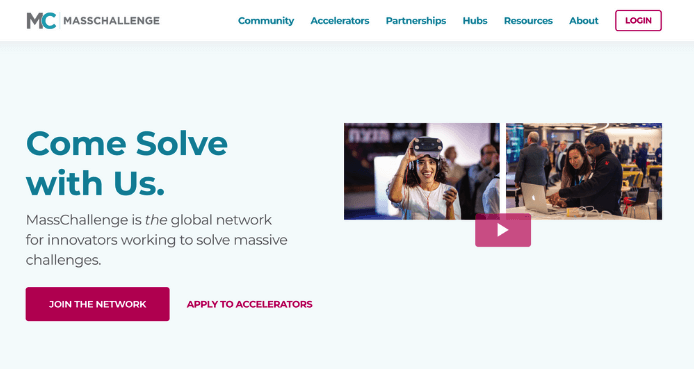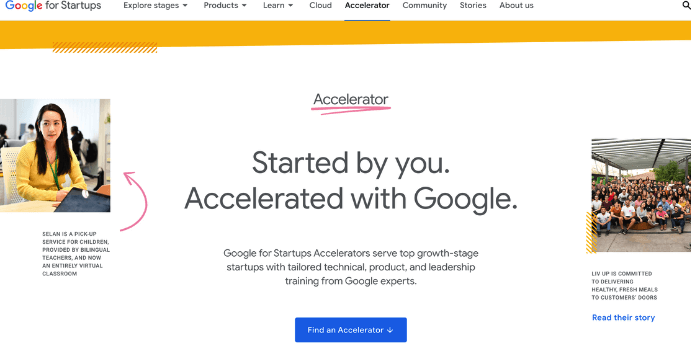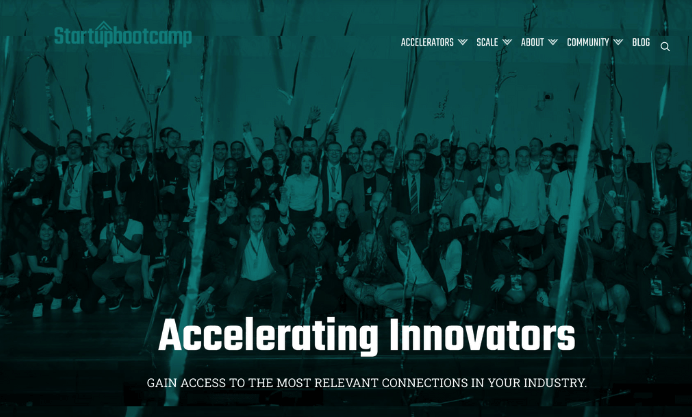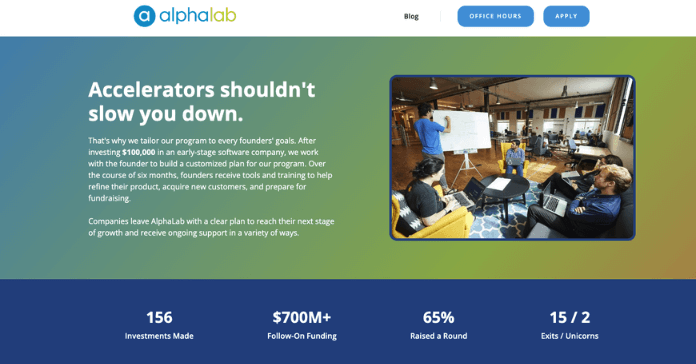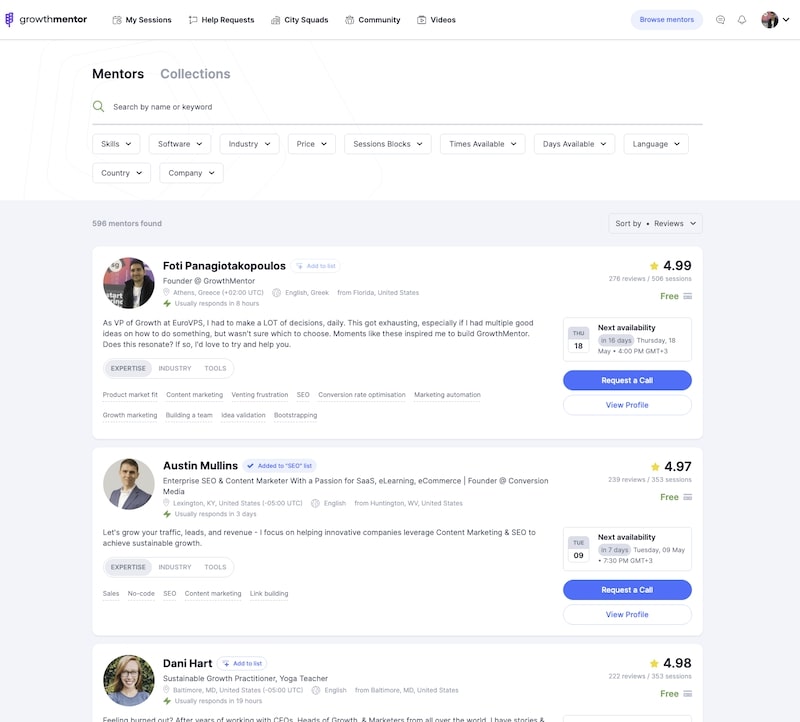Y Combinator Alternatives: Why Mentorship Platforms Could Be the Key to Your Startup’s Success
Chat with Y Combinator alumni, and they will tell you the startup accelerator is the best thing they ever did. But is giving up significant equity in return for more runway really worth it?
Many aspiring founders believe that getting into a prestigious accelerator program with an acceptance rate of 1.5-2% automatically means you’ve made it.
But is Y Combinator worth the hype, and are there alternatives that may serve you better?
What if you could get the knowledge that investors and mentors on programs like Y Combinator offer without sacrificing equity?
This blog post will explore Y Combinator alternatives, including other accelerator programs, startup bootcamps, and online mentoring platforms. You will learn how to grow your business and access valuable resources and mentorship without sacrificing shares.
What Are the Benefits of a Startup Accelerator Program?
From access to funding, investors, mentorship, and networking opportunities, an accelerator program can provide invaluable resources to help your startup succeed.
Many accelerators also provide resources such as access to co-working spaces and free legal and business advice.
Y Combinator Alternatives: Other Accelerator Programs
Y Combinator’s main competitors are equally challenging to get a place on, and most ask for significant equity in return for investment.
If you’re willing to put the graft into the application and are looking for upfront investment, these are the main Y Combinator alternatives to check out:
500 Global
Formerly 500 Startups, 500 Global, founded in 2010, invests in early-stage companies across the globe. One of the best Y Combinator alternatives, the accelerator, provides more than funding – mentorship and access to a global network of founders, investors, and advisors.
Having invested in over 2,700 startups, big names to come out of the program include Canva, Udemy, and Talkdesk.
They have investment funds worldwide and do a lot of work with emerging markets; 500 has a record of investing in underrepresented minorities. Applications for the four-month program are accepted on a rolling basis, meaning you can apply throughout the year.
What’s the catch? You will need to give up 6% equity in return for $150,000. 500 Global retains the right to invest an additional $500,000 for 20%.
Comparison with Y Combinator 500 hosts programs worldwide, so whatever market you work in, there could be a program in your region. They also take 1% less equity than Y Combinator but can take as much as 20% with further investment.
AngelPad
Also founded in 2010, AngelPad has an excellent track record and has ranked as the Top U.S Accelerator by MIT’s Seed Accelerator Benchmark for the last eight years.
They have invested in over 180 startups, with notable companies coming out of the program, including Postmates, Buffer, and Periscope.
The 12-week program runs every six months and offers mentorship, networking, and funding. The program’s focus is on growth and development and preparation for more fundraising.
A tight-knit network of mentors ensures you stay well-connected long after the program finishes.
What’s the catch? The program only takes place in the US, and you will give 7% equity in return for an initial $120,000 investment.
Comparison with Y Combinator They only accept small batches that the team of mentors believes they can genuinely work with. You will receive $5k less investment for the same 7% equity as Y Combinator.
Techstars
Techstars is one of the biggest and most well-known startup accelerator programs, with over 500 early-stage companies selected each year to join their three-month program. The accelerator has invested in over 2,500 companies and is present in more than 150 countries.
What sets Techstars apart from other accelerator programs, particularly Y Combinator, is their industry-specific programs for startups in healthcare, energy, and fintech. They also have an accelerator for social impact startups.
Techstars’ graduate market worth is over $90 billion, and alums have received over $23.9 billion in funding.
Once accepted to Techstars, you’re part of their network for life, with access to mentors, other founders, investors, and startup events.
What’s the catch? Only 1% of applicants get into the program. You get a $100,000 convertible note (Techstars gives you $20,000) in return for 6% equity.
Comparison with Y Combinator Techstars programs are available worldwide, not just in the US. You get a much smaller initial investment compared to Y Combinator.
MassChallenge
MassChallenge stands out from the other accelerators because it operates as a non-profit. They also don’t ask for equity in exchange for program access.
Their USP is to help accelerate high-impact startups with founding teams who come from less traditional backgrounds. They want to challenge who gets funding and think alternatively to Silicon Valley-based models.
The 3-4 month programs offer a cash prize to their best performers of up to $100,000.
MassChallenge offers programs for early-stage startups, Fintech, Healthtech, and sustainable food startups. Their extensive network of corporate partnerships with venture capital firms can help you expand your network and secure investment further down the line.
What’s the catch? Not every startup will receive investment at the end of the program.
Comparison with Y Combinator The programs are available worldwide and still give you access to a similar level of mentors and experts that you’ll encounter at Y Combinator. But you aren’t guaranteed investment if you get on the program.
Google For Startups
With accelerator programs running worldwide, Google for Startups tailors its programs to meet regional needs. Each program has a cohort of 10-15 startups with specific challenges. Google provides resources, expertise, mentorship training, product access, and a network of investors and mentors.
Founders are paired with relevant industry experts who can help them overcome their challenges.
The main goal of Google for Startups is to empower new businesses to solve significant challenges and use technology to create a positive impact.
What’s the catch? Being part of the 3-month program does not secure investment. Only deeply technical businesses leveraging Machine Learning and AI are accepted into the program. You need to demonstrate traction and preferably have seed funding to be considered for the program.
Comparison with Y Combinator You get access to Google’s network and expertise to grow without giving up equity.
Startup Bootcamp
This accelerator has 20+ industry-focused programs around the world. If accepted into the program, you will get access to mentors and investors who will help you scale. Each cohort has 8-12 teams and has access to 400+ mentors, partners, and investors.
The industry-specific programs make this accelerator stand out from others on this list, and the program is renowned for its extensive network of mentors and alumni. You need to attend the three-month program in person at one of the program hubs around the world. You get access to Startup Bootcamp co-working spaces for six months after the program.
At the end of the program, you can pitch to over 1,000 potential investors on the demo day.
What’s the catch? You don’t get any upfront investment and give up 6-8% equity for €15,000 in living expenses during the program and €500,000 in partner deals.
Comparison with Y Combinator Programs specific to certain industries makes connecting with the right investors easier.
Alphalab
Specifically for software-focused startups, Alphalab offers up to $100,000 investment for 2% equity.
Their intense six-month program sets founders up for success, starting with goal setting and creating a plan for achieving them. You get personalized mentorship and the tools and training required to refine your product, acquire customers and prepare for fundraising.
The goal of the Alphalab accelerator program is for founders to leave with a clear plan for what’s next.
What’s the catch? You must regularly attend the program both virtually and physically in the US during the six-month program.
Comparison with Y Combinator Smaller batches means more personalized attention; you give up much less equity.
Startup Bootcamps and Entrepreneurship Programs
If you don’t have the time or resources to attend a complete 3-month accelerator program, another alternative is startup bootcamps and entrepreneurship programs at universities.
These are more short-term, intensive programs designed to help early-stage entrepreneurs learn the skills and strategies to launch and grow a successful business.
Bootcamps tend to last anywhere from a weekend to a few days. They are often held in a seminar format, where experts host workshops or talks. Startup bootcamps and workshops are also an excellent opportunity to network and meet potential partners and advisors.
Entrepreneurship programs and workshops will sometimes include the opportunity to refine your pitch and prepare for raising funding.
Notable startup bootcamps include Seedcamp, Founder Institute, and Techstars Startup Weekend.
Startup Mentorship Platforms: An Alternative to Accelerators
Want to make the connections you get from startup accelerator programs without going through the arduous application process they ask of you?
Try out a mentoring platform. Many top mentors who participate in prestigious accelerators like the Y Combinator alternatives on this list also give their advice (often for free) via mentoring platforms.
These platforms allow you to make valuable connections and receive business advice from experts in your industry.
Mentoring platforms allow you to dive deep into a problem your startup faces with someone you may not otherwise have connected with. The mentors come from various backgrounds and industries and offer one-to-one sessions to help you navigate the challenges you currently face so you can make progress.
Check out this post to learn more about the best mentoring platforms.
Get Access to 600+ Vetted Startup Mentors
If you’re looking for access to vetted mentors from every industry imaginable, browse the GrowthMentor database.
All the mentors on the platform are hand-picked and have proven success in building and growing startups. You can filter and pick a mentor based on specific expertise or industry.
You can be sure the mentors you connect with will give you valuable advice because they’ve been there and overcome similar challenges to those you’re facing now.
Being a Growth Mentor member gives you access to 1.9k peers with whom you can exchange ideas or connect over a common challenge.
If building valuable startup connections in your local community is more your thing, you can get involved in the Growth Mentor in-person events – Local Squads.
Growth Mentor can give you access to the same expertise you’d find in a traditional accelerator program for a fraction of the price (and you don’t have to give up any equity!).
You can speak to experts in product-market fit, go-to-market strategy, team building, raising funding, idea validation, and more. You can find mentors with knowledge in all the specific disciplines you’d learn in an accelerator program.
Are Startup Accelerator Programs Worth It?
While accelerator programs can provide valuable resources, financing, and mentorship, you don’t need to depend on one to build a successful startup. Mentoring and networking platforms offer a much more accessible alternative to getting expert advice and building your professional network.
When you choose a mentoring platform over an accelerator program, you don’t need to worry about giving up equity in exchange for advice. Joining a mentoring platform is also much less stressful than applying to be part of an accelerator program.
While being part of an accelerator will almost certainly drive buzz and excitement for your startup and help push you in the right direction, it doesn’t guarantee your success.
No founder will tell you they regret having a mentoring call, but plenty of founders say they regret giving up so much equity when they started because they thought it was the right thing to do.
Your network = your networth
